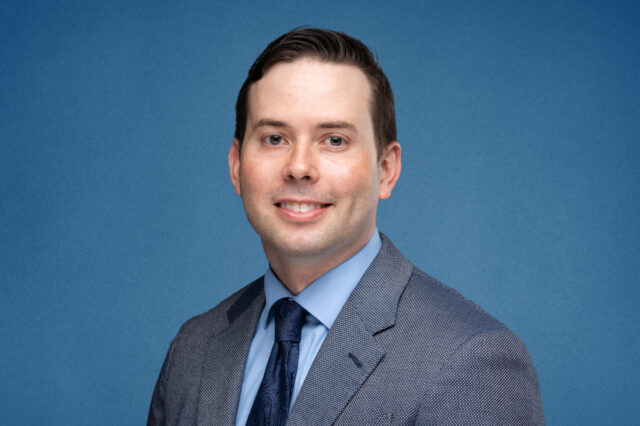madman
Super Moderator
THE AVAILABILITY OF GONADOTROPIN THERAPY FROM FDA-APPROVED PHARMACIES FOR MEN WITH HYPOGONADISM AND INFERTILITY (2023)
Benjamin Borgert, MS, MPH, Michael Bacchus, MS, Alexandra Hernandez, MS, Shelby Potts, ARNP, Kevin Campbell, MD, MS
Florida State University College of Medicine, University of Florida College of Medicine, UF Health Shands, Department of Urology
Presented By: Benjamin Joseph Borgert, MPH
Introduction: There are limited therapeutic options for hypogonadal men who desire future fertility. Additionally, the process of obtaining medications for hypogonadism can be challenging for a variety of reasons including insurance coverage. Men have previously utilized compounding pharmacies to acquire gonadotropins. However, recent changes to the Biologics Price Competition and Innovation Act of 2009 have created barriers to accessing therapy for men utilizing gonadotropins for hypogonadism and infertility.
Methods
A review of 503b compounding pharmacies was performed using the online published registry available from the FDA. Each pharmacy was contacted regarding its ability to provide gonadotropin therapy. Pharmacies were also queried regarding the impact of FDA-related legal changes and cost considerations.
Results
The eighty-one 503b compounding pharmacies approved by the FDA to produce hCG and FSH therapy were identified using the FDA registry. Seventy-five of the eighty-one pharmacies were contacted and responded to the survey (response rate = 92.6%). Of the approved pharmacies, five provided hCG (6.67%). Of the pharmacies offering compounded hCG, four offered FSH. No additional pharmacies offered compounded FSH. Eight pharmacies previously provided hCG and FSH (10.67%). Six of the eight pharmacies that stopped making hCG and FSH cited the 2020 FDA mandate as the reason for halting compounding services. Out of the 75 pharmacies who responded, only one pharmacy was able to provide the cost for FSH ($287) and three pharmacies were able to provide the cost for hCG ($50-83 per 10,000 IU vial).
Conclusion
There currently exists limited access to FDA-approved compounded gonadotropin therapies for hypogonadism and male infertility. These results demonstrate the barriers to hCG and FSH access and the need for additional treatment options for this vulnerable patient population.

Benjamin Borgert, MS, MPH, Michael Bacchus, MS, Alexandra Hernandez, MS, Shelby Potts, ARNP, Kevin Campbell, MD, MS
Florida State University College of Medicine, University of Florida College of Medicine, UF Health Shands, Department of Urology
Presented By: Benjamin Joseph Borgert, MPH
Introduction: There are limited therapeutic options for hypogonadal men who desire future fertility. Additionally, the process of obtaining medications for hypogonadism can be challenging for a variety of reasons including insurance coverage. Men have previously utilized compounding pharmacies to acquire gonadotropins. However, recent changes to the Biologics Price Competition and Innovation Act of 2009 have created barriers to accessing therapy for men utilizing gonadotropins for hypogonadism and infertility.
Methods
A review of 503b compounding pharmacies was performed using the online published registry available from the FDA. Each pharmacy was contacted regarding its ability to provide gonadotropin therapy. Pharmacies were also queried regarding the impact of FDA-related legal changes and cost considerations.
Results
The eighty-one 503b compounding pharmacies approved by the FDA to produce hCG and FSH therapy were identified using the FDA registry. Seventy-five of the eighty-one pharmacies were contacted and responded to the survey (response rate = 92.6%). Of the approved pharmacies, five provided hCG (6.67%). Of the pharmacies offering compounded hCG, four offered FSH. No additional pharmacies offered compounded FSH. Eight pharmacies previously provided hCG and FSH (10.67%). Six of the eight pharmacies that stopped making hCG and FSH cited the 2020 FDA mandate as the reason for halting compounding services. Out of the 75 pharmacies who responded, only one pharmacy was able to provide the cost for FSH ($287) and three pharmacies were able to provide the cost for hCG ($50-83 per 10,000 IU vial).
Conclusion
There currently exists limited access to FDA-approved compounded gonadotropin therapies for hypogonadism and male infertility. These results demonstrate the barriers to hCG and FSH access and the need for additional treatment options for this vulnerable patient population.















